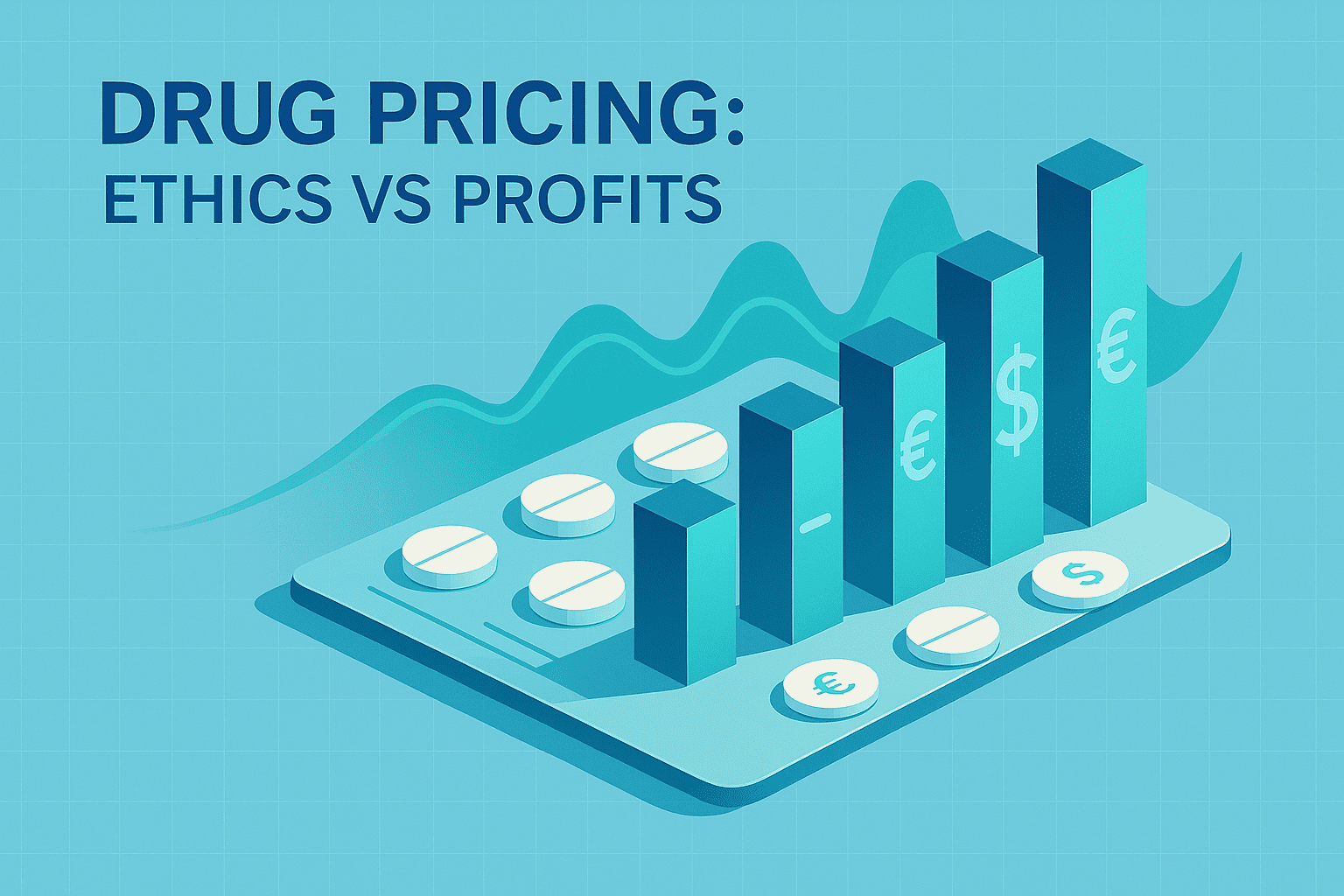After nearly two years of experimental work, a new pre‑print from the CeADAR research team and collaborators at UCD School of Biomolecular & Biomedical Science (UCD SBBS) shines a fresh light on one of the most interesting questions in the life‑sciences industry:
The research was done by Krithika Sharon (CeADAR) in collaboration with Dr Antonio Garzón‑Vico (UCD SBBS), Dr Arsalan Shahid (CeADAR) and Prof Jan Rosier (UCD SBBS).
The study—“The Public Strikes Back: How Ethical Sentiment Influences the Financial Consequences of Drug‑Pricing Decisions”—integrates large‑scale sentiment analysis with traditional corporate‑finance metrics to quantify how society’s moral compass can tilt the balance sheet.
The engagement was made possible through the CeADAR Connect Placement Programme, with funding support from the UCD Foundation.
Why this study matters
Aggressive drug‑pricing strategies have filled headlines in recent years, but their true financial consequences remain contested. Previous CeADAR work examined the direct link between price increases and valuation; the new research adds the missing lens of ethical sentiment—capturing how different stakeholder groups respond when essential medicines become dearer.
What the team did
- Data sourced from both mainstream and specialist news outlets as well as social‑media platforms to capture public reaction in real time.
- State‑of‑the‑art natural‑language processing was deployed to detect positive, neutral and negative ethical sentiment at scale.
- Firm‑level performance was tracked via Return on Assets (ROA), Tobin’s Q and risk‑adjusted stock‑price movements over multiple time‑horizons.
Key findings
- Source of criticism matters. In the short term, negative sentiment expressed in business, finance and legal media—or on social media—can coincide with improved corporate performance, suggesting that some investors see assertive pricing as a sign of market strength.
- Science and politics bite back. Negative sentiment originating from political or scientific outlets is immediately linked to a decline in firm performance, highlighting the credibility of these venues with regulators and policymakers.
- The long‑term bill eventually comes due. Over extended horizons, companies that face the least sustained public backlash generate higher abnormal stock‑returns, indicating that ethical controversies turn into a financial drag as memories lengthen and regulatory risk accumulates.
Implications for industry and policy
The findings add a nuanced layer to the perennial “does good ethics pay?” debate by showing that who is speaking and when they speak are just as important as what is being said. Pharmaceutical leaders, investor‑relations teams and policymakers can all draw practical lessons for anticipating and managing reputational risk around pricing decisions.
About CeADAR Connect Industry Placement Programme
CeADAR Connect Industry Placement Programme places CeADAR data scientists directly into partner organisations for three, six or twelve months, giving firms rapid access to cutting‑edge AI expertise while maintaining a dedicated senior‑scientist mentor. The programme has become a launch‑pad for high‑impact, academically rigorous and applied AI projects like the present study.
Read the full paper
The open‑access pre‑print is available on SSRN: https://ssrn.com/abstract=5218044
For further enquiries or collaboration opportunities, please contact ceadar@ucd.ie

